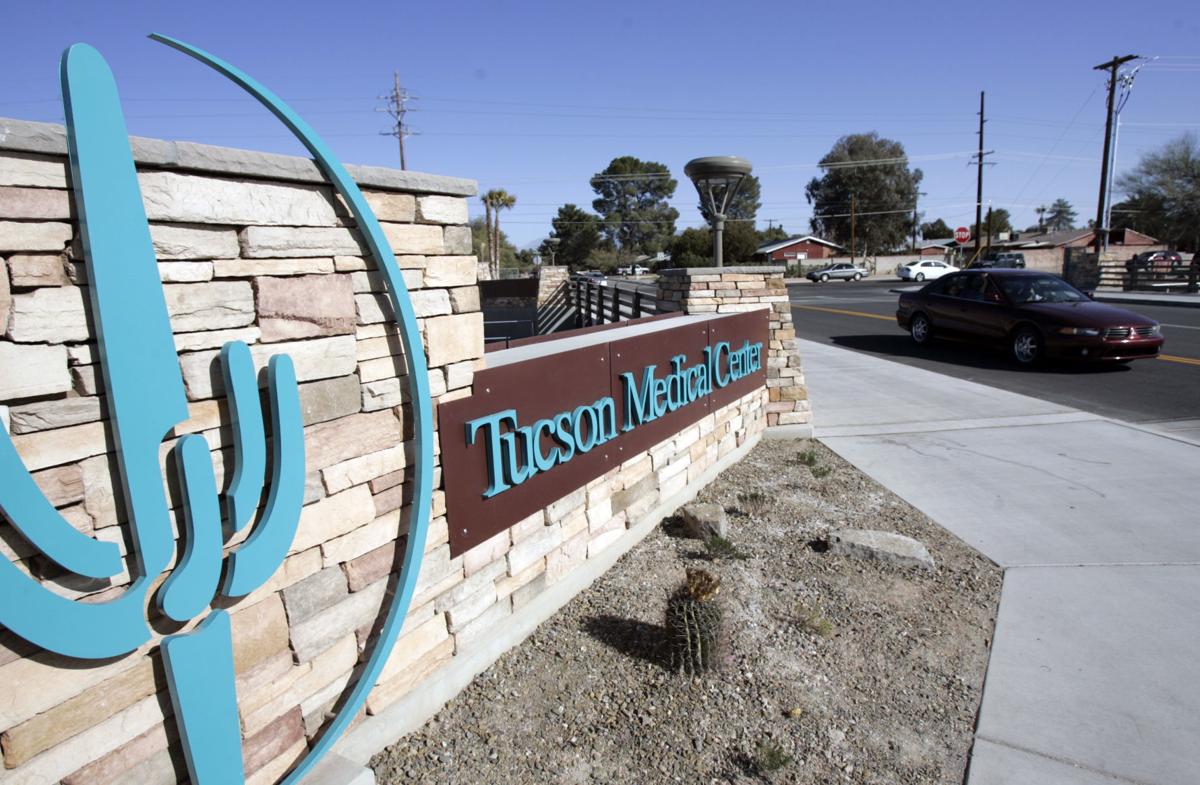In January, mothers with substance-abuse disorders will have a long-term resource to help break the cycle of their addiction.
That’s when Tucson Medical Center and CODAC Health, Recovery and Wellness, in partnership with the Connie Hillman Family Foundation, open their new transitional housing program in midtown Tucson for mothers who are battling drug or alcohol addiction.
The Connie Hillman Family Foundation House aims to keep families together by offering a safe and stable environment for pregnant, postpartum and parenting women and their children, said Kristine Hall, CODAC’s senior vice president of marketing, fundraising and planning.
A $600,000 grant from the foundation will cover renovations of an existing apartment complex capable of housing 19 women and their children. Operational costs will be paid for by additional grants and reimbursements.
“The cost of residency is based on a sliding scale depending on income. If a woman has no income, we meet her where she is at,” said Amy Mendoza, a vice president at CODAC.
In addition to housing, CODAC and TMC will provide medical, educational and behavioral-health services and support to assist in the mothers’ recovery process. Women are welcome to stay at the house until they have secured stable housing elsewhere and employment.
The TMC’s neonatal abstinence syndrome annex was established in recent years to deal with the growing number of babies born addicted to opioids and other drugs. In August, the hospital filed a federal lawsuit against several pharmaceutical companies and opioid distributors seeking millions of dollars in damages for repayment of unreimbursed medical costs in dealing with the opioid crisis.
CODAC, a nonprofit that provides care for people living with mental illness, substance-use disorders and trauma, has worked with TMC for years to get addicted mothers and their babies the help they need.
“We do everything we can do take care of them and their babies. But we know when we’re sending them home, we’re sending them back to a very high-risk situation,” said hospital CEO Judy Rich.
“Oftentimes, women in recovery do not have a safe or supportive place to live while learning to be free from drug or alcohol use,” Hall said. “Therefore, they are more likely to relapse, putting themselves, their children and their families at risk.”
Cassandra Lain, a dedicated-recovery coach at CODAC, started using drugs and alcohol at age 15. She later learned it was to cope with past trauma. Eventually she temporarily lost custody of her children and did what she could to get them back.
Lain said she was “raised in a substance-abuse environment and didn’t realize how off it was.” CODAC not only helped her break the addiction cycle but also allowed her to address her underlying mental-health challenges — the trauma — as well.
CODAC services gave her the chance to see “people demonstrating a new way of life ... (I realized) I don’t have to go through all these ugly experiences,” she said. “A lot of these women might be willing to do the work, but they don’t have the environment it takes to implement those skills.”
Having a safe, supportive place to go that is free of drugs and alcohol, abusive relationships and other unhealthy circumstances was a huge factor in her recovery, she said.





